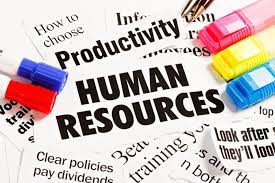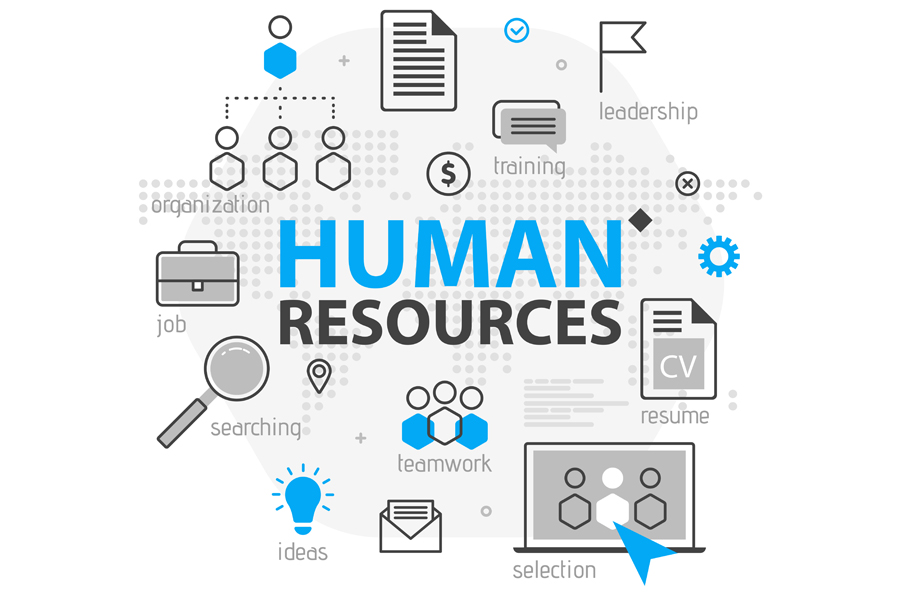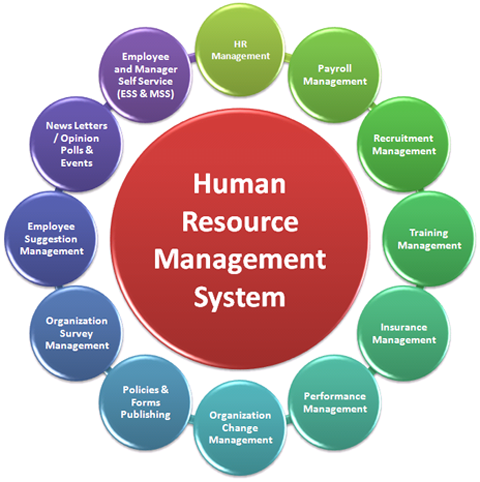Online Earning & Business
The Secret Weapon Every Company Needs: Why HR is the Superhero of Success!
The Crucial Role of Human Resources in Organizational Success
In today's competitive business environment, human resources (HR) plays a critical role in driving organizational success. It goes beyond simply managing payroll and benefits; it encompasses a broader scope of activities that directly impact the organization's performance, culture, and overall well-being.
Key points highlighting the crucial role of HR:
1. Attracting and Retaining Talent:
- Recruiting the right people: HR identifies qualified candidates who possess the skills, knowledge, and experience necessary to contribute to the organization's goals. This involves effective job analysis, strategic sourcing, and a well-defined recruitment process.
- Onboarding new employees: HR ensures a smooth transition for new hires by providing them with necessary information, introductions, and training. This helps them integrate into the team and become productive members of the organization quickly.
- Developing and retaining talent: HR invests in employee training and development programs to enhance their skills and knowledge. It also fosters a positive work environment that promotes employee engagement, satisfaction, and retention.
2. Managing Performance:
- Setting clear goals and expectations: HR works with managers and employees to set SMART (Specific, Measurable, Achievable, Relevant, and Time-bound) goals that align with organizational objectives. This provides a clear roadmap for individual and team performance.
- Performance reviews: Regular performance reviews provide valuable feedback for employees to understand their strengths and areas for improvement. This facilitates continuous development and alignment with organizational goals.
- Performance management systems: HR implements effective performance management systems that track progress, identify potential issues, and provide opportunities for coaching and development.
3. Building a Positive Work Environment:
- Creating a culture of diversity and inclusion: HR promotes a diverse and inclusive work environment where employees feel valued and respected regardless of their background or differences. This fosters collaboration, innovation, and a sense of belonging.
- Addressing employee relations issues: HR proactively addresses employee relations issues such as conflict resolution, workplace investigations, and disciplinary action. This helps maintain a positive work environment free from discrimination and harassment.
- Promoting employee well-being: HR recognizes the importance of employee well-being and supports initiatives that promote physical, emotional, and mental health. This can include offering wellness programs, flexible work arrangements, and employee assistance programs.
4. Ensuring Compliance with Employment Laws:
- Staying updated on employment laws: HR professionals stay current on federal, state, and local employment laws to ensure the organization complies with all legal requirements. This includes regulations regarding wages, hours, discrimination, and workplace safety.
- Developing and implementing policies and procedures: HR establishes clear policies and procedures that outline employee rights and responsibilities, company expectations, and disciplinary actions. This promotes transparency and helps prevent legal issues.
- Conducting training on legal compliance: HR provides training to employees and managers on various legal requirements to ensure they understand their rights and responsibilities under the law.
5. Strategic Contribution to Business Objectives:
- Alignment with organizational goals: HR aligns its initiatives and strategies with the overall goals and objectives of the organization. This ensures that HR activities contribute directly to the achievement of business success.
- Data-driven decision-making: HR utilizes data and analytics to inform its decision-making and measure the effectiveness of its programs. This data can also be used to identify emerging trends and develop proactive strategies.
- Change management: HR plays a key role in facilitating organizational change by managing employee communication, training, and development during periods of transformation.
End of Conclusion:
The role of HR has evolved significantly over time, becoming a strategic function that contributes to the overall success of an organization. By attracting and retaining talent, managing performance, building a positive work environment, ensuring compliance with employment laws, and strategically aligning with business objectives, HR plays a vital role in driving organizational growth and competitiveness.
In today's dynamic business landscape, it is more important than ever for organizations to invest in their HR function and ensure it has the resources and capabilities to effectively manage its most valuable asset – its people. By doing so, organizations can create a sustainable competitive advantage and achieve their long-term goals.
Human resources (HR) is often seen as a behind-the-scenes function in an organization, but its impact on overall success is undeniable. From attracting and retaining top talent to fostering a positive work environment and ensuring compliance with employment laws, HR plays a multifaceted role that can make or break your business.
Additional benefits of effective human resource management include:
- Improved employee engagement and satisfaction
- Reduced turnover
- Increased productivity
- Improved compliance with employment laws
- Enhanced employer brand
Investing in human resources is an investment in the future of your organization. By taking the time to build a strong HR function, you can create a positive work environment, attract and retain top talent, and achieve your organizational goals.
Writer
Devraj Gorai


























